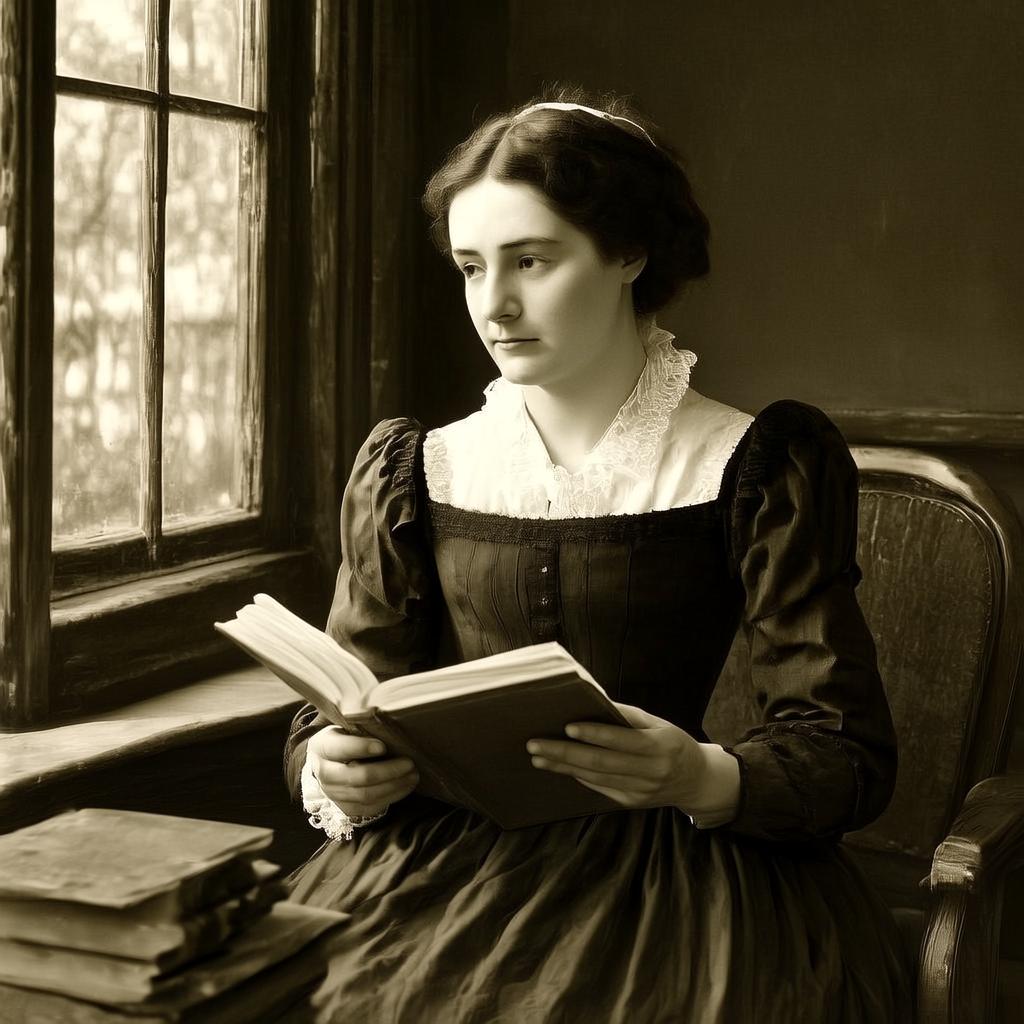The Brontë sisters—Charlotte, Emily, and Anne—are often hailed as literary icons who reshaped the portrayal of love in Victorian literature. Their novels are not only timeless stories but also rich studies in how affection can be expressed with depth, restraint, passion, and sincerity. In this article, we explore what it means to express affection the Brontë way, drawing from their works and offering insights you can apply today.
The Brontë Sisters and Their Unique Portrayal of Love
Each Brontë sister brought her own voice to the theme of love. Charlotte Brontë explored emotional resilience and moral strength in relationships. Emily Brontë delved into wild, untamed passion. Anne Brontë offered a more grounded, socially aware perspective. Together, they painted a multifaceted picture of affection that continues to resonate today.
Jane Eyre: Subtle Strength in Affection
In Jane Eyre , Charlotte Brontë shows that affection doesn’t always need grand gestures. Jane and Mr. Rochester’s relationship develops slowly, rooted in mutual respect and intellectual connection. Their love is tested by hardship, yet grows stronger through adversity.
“I am no bird; and no net ensnares me: I am a free human being with an independent will.”
— Jane Eyre
This quote reflects Jane’s self-respect—a cornerstone of healthy affection.
Affection Through Literature: A Brontë Breakdown
Let’s take a closer look at how each Brontë novel expresses love and emotion:
Wuthering Heights: Passion Beyond Reason
Emily Brontë’s masterpiece explores love in its most intense form. Heathcliff and Catherine’s bond transcends life itself—they love each other with a force that defies logic.
“Whatever our souls are made of, his and mine are the same.”
— Catherine Earnshaw
Their love is raw, obsessive, and eternal. While modern readers may find their relationship troubling, it offers insight into the power of deep emotional connection—even when destructive.
The Tenant of Wildfell Hall: Love Grounded in Integrity
Anne Brontë’s work stands apart for its realism and moral clarity. Helen Huntingdon’s love is defined by principle. She leaves an abusive marriage not out of spite, but to protect her son and preserve her dignity.
Her story teaches us that true affection includes the courage to walk away when love becomes harmful.
Bringing Brontë Emotions Into Modern Life
Though written in the 19th century, the Brontës’ lessons about affection still apply today. Here’s how you can channel Brontë-style emotions in your own relationships:
- Speak With Sincerity: Like Jane Eyre, value honesty over flattery.
- Love With Intensity (But Mindfully): Channel Catherine and Heathcliff—but temper passion with care.
- Stand Up for Yourself: Take inspiration from Helen Huntingdon and never compromise your well-being for love.
Whether writing a letter or having a heartfelt conversation, let your words carry meaning and depth.
Frequently Asked Questions
What Is Brontë-Style Affection?
Brontë-style affection refers to the deep, often restrained or passionate forms of love expressed in the novels of Charlotte, Emily, and Anne Brontë. It emphasizes emotional honesty, moral integrity, and intensity.
Did the Brontës Believe in True Love?
Yes, though each sister had a different interpretation:
- Charlotte believed in mutual respect and emotional growth.
- Emily saw love as a force beyond reason.
- Anne portrayed love as something that must align with personal values.
Can I Use Brontë Methods to Express My Feelings Today?
Absolutely. While society has changed, the emotional depth and sincerity found in Brontë literature can still inspire heartfelt communication. Try writing a meaningful note or sharing a favorite quote from one of their novels.
How to Express Affection Like a Brontë Character
Would you like to write a love letter inspired by Wuthering Heights or speak with the grace of Jane Eyre? Here’s how:
How Did the Brontës Show Love Without Words?
Through actions, silence, and powerful imagery. Think long glances, enduring loyalty, and poetic metaphors.
Why Do Readers Still Relate to Brontë Love Stories?
Because they capture universal truths about the heart—longing, loss, and the search for belonging.
Voice Search & NLP Optimization
Here are some natural, voice-friendly questions and answers to help this content perform well in semantic search:
Q: How do you express affection like Jane Eyre?
A: By valuing independence, speaking honestly, and building a connection based on respect and intellect.
Q: What did the Brontës say about love?
A: They showed that love can be quiet and steady, wildly passionate, or morally grounded—depending on the character and context.
Q: Can I learn to love like the characters in Wuthering Heights?
A: You can understand their intense emotions, but remember to balance passion with compassion in real-life relationships.
Final Thoughts
Expressing affection the Brontë way means embracing emotion with honesty, depth, and authenticity. Whether you’re writing a love letter, navigating a difficult relationship, or simply appreciating classic literature, the Brontës offer timeless guidance. Let their words and wisdom inspire your own journey toward meaningful connection





